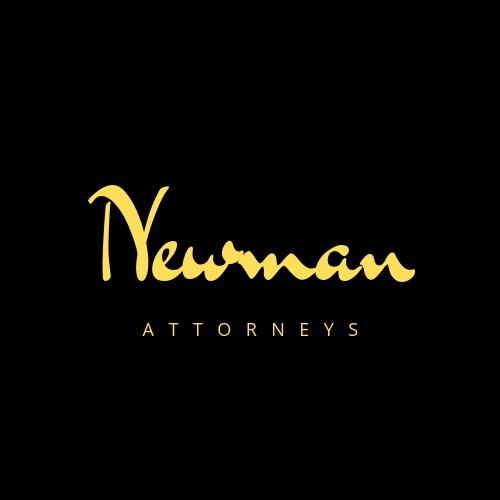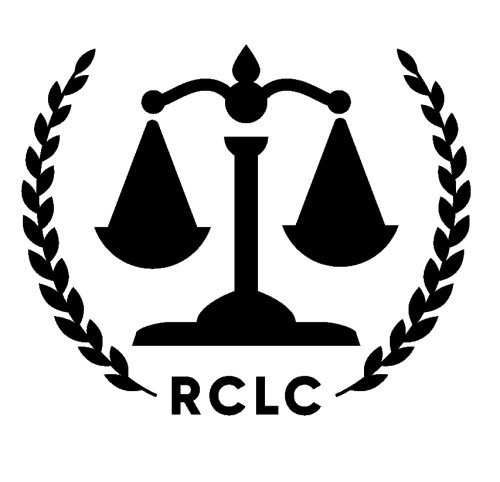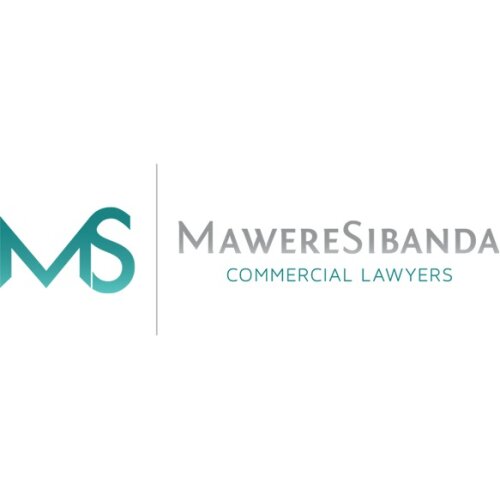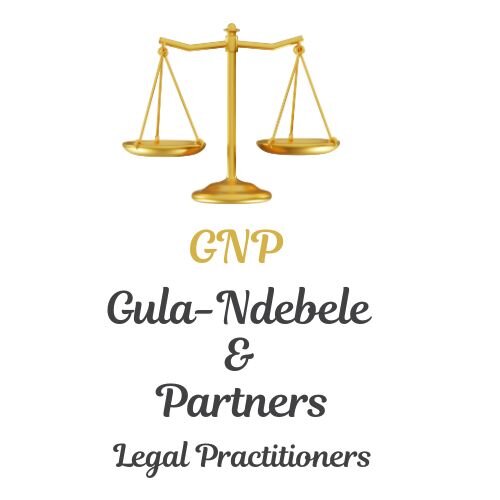Best Transportation Lawyers in Zimbabwe
Share your needs with us, get contacted by law firms.
Free. Takes 2 min.
Or refine your search by selecting a city:
List of the best lawyers in Zimbabwe
About Transportation Law in Zimbabwe:
Transportation law in Zimbabwe regulates the movement of people and goods within the country. It covers a wide range of aspects including road traffic regulations, public transportation systems, licensing requirements, and liability in case of accidents.
Why You May Need a Lawyer:
People may require a lawyer in transportation-related matters for issues such as traffic violations, accidents, establishing transportation businesses, disputes with transportation companies, and navigating complex regulations and licensing requirements.
Local Laws Overview:
In Zimbabwe, transportation laws are primarily governed by the Road Traffic Act, which outlines rules for road usage, vehicle registration and licensing, fines and penalties for traffic violations, and procedures for obtaining driver's licenses. Additionally, the country has regulations on public transportation, including licensing requirements for taxis, buses, and other commercial vehicles.
Frequently Asked Questions:
1. What should I do if I'm involved in a car accident in Zimbabwe?
If you are involved in a car accident in Zimbabwe, you should immediately contact the police and seek medical attention if needed. It's important to exchange contact and insurance information with the other party and document the scene of the accident. You may also need to notify your insurance company and consider consulting a lawyer if there are legal issues involved.
2. How do I obtain a driver's license in Zimbabwe?
To obtain a driver's license in Zimbabwe, you need to apply at the Vehicle Inspection Department (VID) and pass a series of tests including a written test, eye test, and practical driving test. You will also need to provide proof of identity, residency, and pay the required fees.
3. What are the regulations for operating a public transportation vehicle in Zimbabwe?
Operators of public transportation vehicles in Zimbabwe are required to obtain a license from the relevant authorities, comply with safety regulations, maintain their vehicles in good condition, and ensure that drivers are properly licensed and trained. Failure to comply with these regulations can result in fines or license suspension.
4. Can I sue a transportation company for damages in Zimbabwe?
You may be able to sue a transportation company for damages in Zimbabwe if you can prove that they were negligent and caused you harm. This could include accidents involving public transportation vehicles, taxi services, or freight companies. Consulting a lawyer can help you understand your legal options in such cases.
5. Are there regulations for transporting goods in Zimbabwe?
Yes, there are regulations for transporting goods in Zimbabwe, including weight restrictions, licensing requirements for commercial vehicles, and rules for securing cargo. Violating these regulations can result in fines and penalties, so it's important to comply with the law when transporting goods.
6. What are my rights as a passenger in Zimbabwe?
As a passenger in Zimbabwe, you have the right to a safe and comfortable journey, fair pricing, and timely service. If you feel that your rights have been violated by a transportation company, you may file a complaint with the relevant authorities or seek legal advice on your options for recourse.
7. How can a lawyer help me with a traffic violation in Zimbabwe?
A lawyer can help you with a traffic violation in Zimbabwe by reviewing the circumstances of the violation, advising you on your legal options, representing you in court if needed, and helping you navigate the legal process. They may also be able to negotiate reduced penalties or fines on your behalf.
8. What are the penalties for driving under the influence in Zimbabwe?
Driving under the influence of alcohol or drugs is a serious offense in Zimbabwe and can result in hefty fines, license suspension, and even imprisonment. The penalties vary depending on the level of intoxication and whether it's a first-time offense. It's important to seek legal advice if you are charged with DUI.
9. How can I start a transportation business in Zimbabwe?
To start a transportation business in Zimbabwe, you will need to register your company, obtain the necessary licenses and permits for your vehicles, comply with safety regulations, and ensure that your drivers are properly trained and licensed. Consulting a lawyer can help you navigate the legal requirements for starting a transportation business.
10. What should I do if my goods are damaged during transportation in Zimbabwe?
If your goods are damaged during transportation in Zimbabwe, you may be able to file a claim against the transportation company for compensation. It's important to document the damage, gather evidence, and seek legal advice on your rights and options for seeking redress.
Additional Resources:
For more information on transportation laws in Zimbabwe, you can contact the Vehicle Inspection Department (VID), Ministry of Transport and Infrastructural Development, and Legal Resources Foundation. These organizations can provide guidance on legal requirements, licensing procedures, and other transportation-related matters.
Next Steps:
If you require legal assistance in transportation matters in Zimbabwe, it's recommended to seek advice from a qualified lawyer who specializes in transportation law. They can provide you with tailored legal advice, represent you in court if needed, and help you navigate the complex legal landscape of transportation regulations in the country.
Lawzana helps you find the best lawyers and law firms in Zimbabwe through a curated and pre-screened list of qualified legal professionals. Our platform offers rankings and detailed profiles of attorneys and law firms, allowing you to compare based on practice areas, including Transportation, experience, and client feedback.
Each profile includes a description of the firm's areas of practice, client reviews, team members and partners, year of establishment, spoken languages, office locations, contact information, social media presence, and any published articles or resources. Most firms on our platform speak English and are experienced in both local and international legal matters.
Get a quote from top-rated law firms in Zimbabwe — quickly, securely, and without unnecessary hassle.
Disclaimer:
The information provided on this page is for general informational purposes only and does not constitute legal advice. While we strive to ensure the accuracy and relevance of the content, legal information may change over time, and interpretations of the law can vary. You should always consult with a qualified legal professional for advice specific to your situation.
We disclaim all liability for actions taken or not taken based on the content of this page. If you believe any information is incorrect or outdated, please contact us, and we will review and update it where appropriate.
Browse transportation law firms by city in Zimbabwe
Refine your search by selecting a city.
















